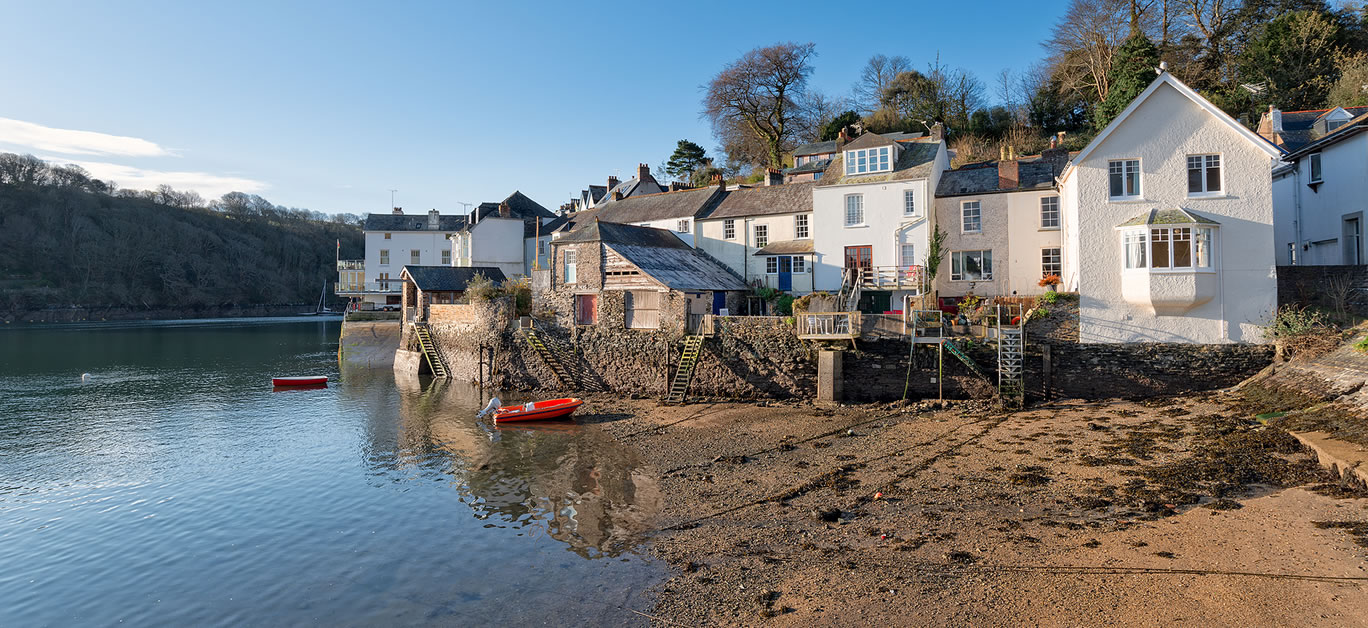Unsurprisingly, the pandemic has majorly altered the way British vacationers go on holiday, with domestic tourism becoming the fastest growing industry, forecasted to make £51.4bn in 2021. And with recent reports revealing a continuous rise in interest from private investors in coastal and country homes, it seems likely that the amount of second homeowners will continue to grow.
So, to help second homeowners who are interested in renting out their properties, Harry Roberts, managing director at My Favourite Cottages, has compiled a short guide to aid second homeowners in navigating the UK travel industry post Covid-19.
Staycation price surges
With isolation periods, Covid testing and talks of vaccine passports for international travel, this continued uncertainty has increased the demand for staycations, driving up the cost of holiday home lettings by an average of 35 percent compared to last year.
Despite the price surge, a recent survey revealed that 44 percent of Brits are still keen to holiday in the UK in the next 12 months, and only one in three plan to venture abroad.

To compete with price surges, while still remaining competitive, encourage advance bookings and see if you can offer any special offers, local discounts or package deals to keep traveller’s costs down to entice additional bookings.
The return of international travel
Accommodating for many different types of people and personal events will encourage the British public to continue to vacate to the UK coast. Cornwall might not have Ibiza’s temperatures but spa days, boat trips and family activity packages will help to bring that touch of holiday abroad to the UK.
Consider offering flexibility with cancellation periods, as booking ahead in these uncertain times can be a risk. So, providing customers with confidence and safety when booking is an essential factor that will help you to remain competitive.
Widen your target market. With many health and risk factors for elderly people travelling abroad, entice the older generation by investing in luxurious added extras such as a private dining experience for the ultimate relaxation holiday. Or, for the younger generation, offer something a little different, an inclusive itinerary experience packed with many thrill-seeking activities for the ultimate road trip across the coast.
Short-term rentals
‘Minications’ are still on the rise, with two-thirds of the British public taking two short breaks last year in 2020. And due to the uncertainty of the pandemic, short breaks are a safer and less risky alternative to a committed week away.
As a second homeowner, review your offering of short-term packages and how both you and your guests can get the most from them.
Communicate with your guests and find out the purpose of their stay, if there’s anything they’re looking to do in the area or expect from a holiday rental. This will guarantee your temporary tenants will have the best experience, leave a good review and potentially book another visit in the future.

Short-term holiday rentals can be a great way to diversify your property investment portfolios in key staycation destinations as a growing number of landlords are branching out into the short-term rental sector.
However, remember to make sure you are abiding by local council laws when booking in guests. With concerns that rentals are driving out locals, places like Edinburgh in particular are forcing second homeowners to seek planning permission to continue listing their homes for short-term stays.
‘Workcations’
‘Workcations’ are the latest travel trend on the rise. With many of us working from home and companies offering more flexible, short-term contracts this past year, employees are now able to work anywhere and everywhere.
The idea of relocation to the coast from the busy city is a new peaceful way of life, for a change of scenery and to dodge the bigger rent payments in the city.
Holiday homeowners can accommodate for this by offering longer-term rentals, which are fairly affordable in coastal counties like Devon, which was the top UK staycation destination. And, by marketing and providing things such as office space, top internet speeds and scenic views, your clientele and booking potential could see itself on the rise once more.






















